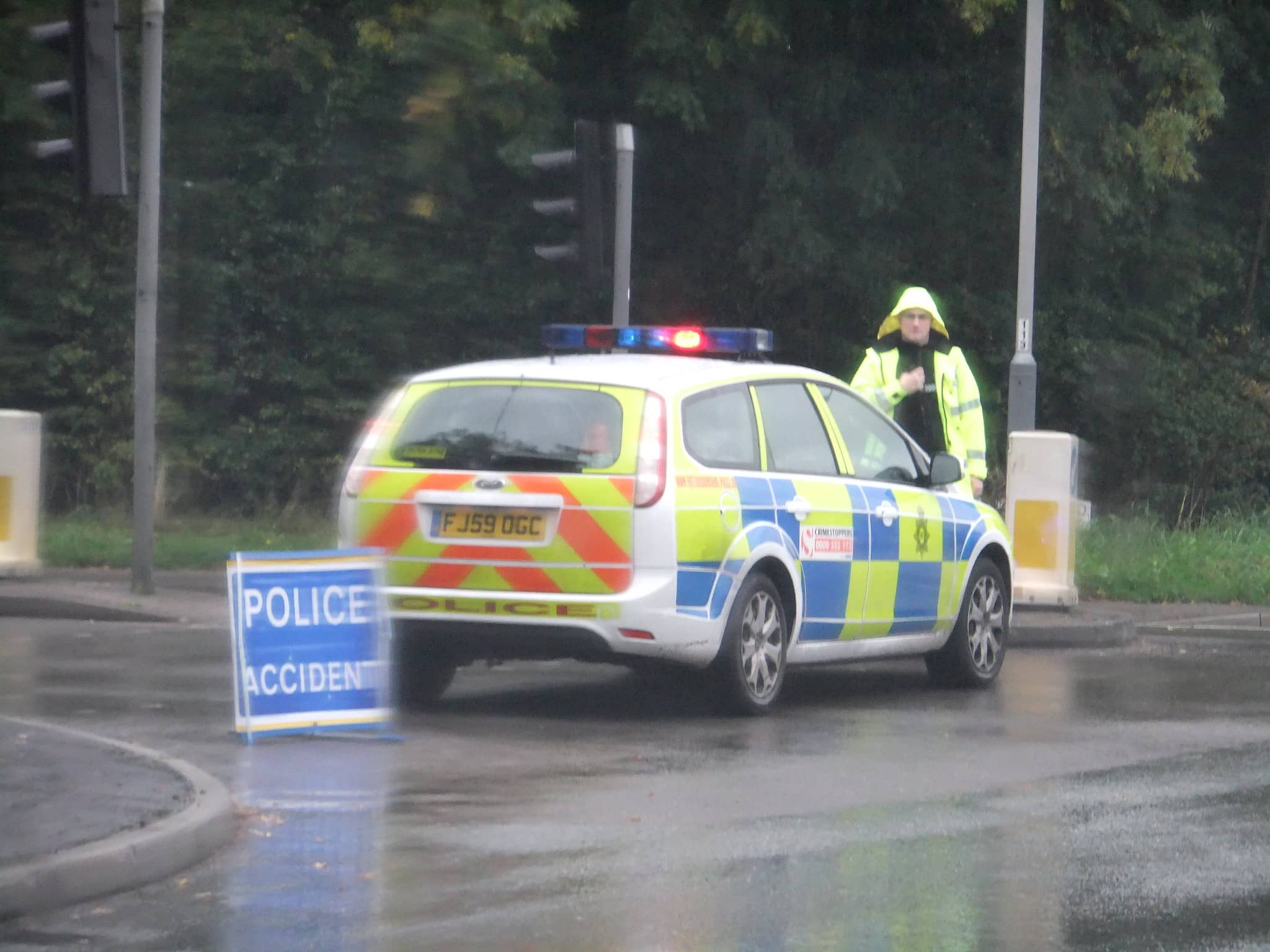Local parish, town and community councillors have for some time been concerned about road safety on the Island. They were particularly concerned to hear that our collision rates are among the highest in the country.
The Isle of Wight Association of Local Councils (IWALC) therefore invited the Isle of Wight council’s Road Safety Officer, Lewis Campbell, to their October meeting. The meeting was held on Thursday 26th October at the Newport Congregational Church.
Downward trend in total number of collisions
Lewis gave a very useful overview of the topic. He provided a summary of road traffic collision data.
This revealed that in the last five years there has been a downward trend in the total number of collisions resulting in slight and serious injuries, but not in the number in which there were fatalities.
Age breakdown of drivers
Councillors were interested to know about the age breakdown of drivers.
Apparently young drivers (i.e. those aged 17-24) accounted for 27 per cent of accidents. This compares with 29 per cent for those over 60.
They were, however, disappointed that it’s not possible to distinguish between collisions involving residents and those involving visitors.
The ‘Fatal Five’ driver errors
It was also interesting to learn that 42 per cent of incidents were caused by the ‘fatal five’ driver errors (speeding, distraction, failure to use seat belts, alcohol/drugs and following too close), with 7.6 per cent involving alcohol or drugs.
Understanding the data
However, Lewis also warned about the interpretation of the data. For example, the main reason for the apparently high killed and seriously injured (KSI) rate is that rates are measured in terms of the number of collisions and casualties per billion vehicle miles travelled and the average number of miles travelled is much lower here than on the mainland.
Furthermore, since the number of accidents here is relatively low, a small increase in numbers can appear to indicate a major increase in collision rates.
Tackling road safety issues
Lewis went on to explain that road safety issues have to be addressed in three different but interrelated ways: engineering improvements, which are the responsibility of the Council and Island Roads; education of road users, which is the Council’s responsibility, and enforcement of regulations, which lies with the Police.
Isle of Wight speed review
Lewis then answered members’ questions. The main concern was with ways of controlling speeding.
Members were informed that the IW Council is currently undertaking a speed review throughout the Island, the results of which will be brought to the Cabinet early next year.
IWALC would like to thank Lewis for a very useful session and to thank Newport Congregational Church for the use of their premises.
News shared by Jill on behalf of IWALC. Ed
Image: Lee Haywood under CC BY 2.0





